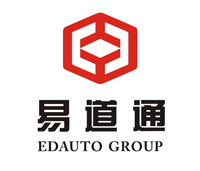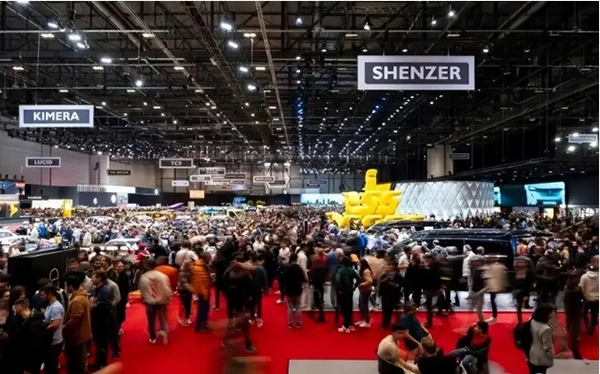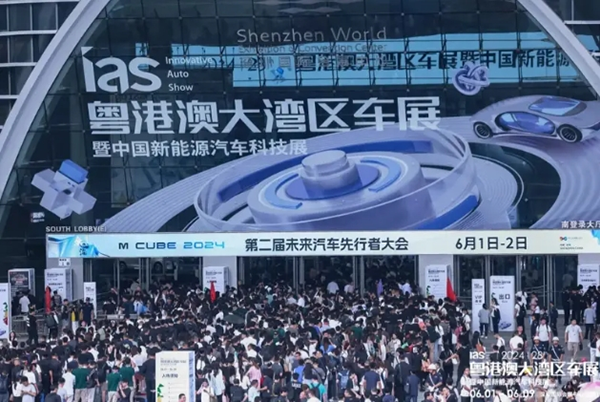The automotive industry is undergoing a major transformation, with new energy vehicles (NEVs) taking center stage. As the world embraces the shift toward sustainable transportation, the traditional auto show landscape is evolving to reflect this change. Recently, the Geneva International Motor Show (GIMS) announced that it will end in 2025. This news shocked the automotive world. The news marks a critical moment in the industry's history, marking a shift in focus to emerging markets and new technologies.
GIMS was once a cornerstone event on the automotive calendar, but its decline is indicative of changing dynamics within the industry. Despite efforts to innovate and engage attendees, declining show attendance reflects a broader trend. The rise of new energy vehicles and the increasing digitalization of the automotive industry have prompted a re-evaluation of the traditional auto show model. Therefore, new platforms such as the Doha Motor Show are expected to emerge to meet the changing needs of the industry and attract international players.
Contrary to the decline of GIMS, auto shows in China and Europe are recovering, especially new energy vehicles. The China Auto Show demonstrates its excellent adaptability and innovation capabilities in response to industry changes, and demonstrates the country's commitment to digitalization and sustainable transportation. The successful holding of the Beijing Auto Show and Shanghai Auto Show highlights China's growing influence as a new energy vehicle R&D and application center.
In Europe, the International Automobile and Intelligent Mobility Expo (IAA) and the Paris Motor Show are increasingly attracting attention, focusing on new technologies and sustainable mobility. The active participation of Chinese car companies such as BYD, Xiaopeng Motors, and CATL highlights the international influence and competitiveness of Chinese car brands. The collaboration between Chinese and European companies highlights the global shift towards new energy vehicles and the growing importance of sustainable transportation solutions.
As the automotive industry continues to embrace the era of smart electric vehicles, the focus of auto shows has gradually shifted to new energy technologies and sustainable travel. This shift is in line with the principles of sustainable development and the global push for carbon neutrality and carbon peaking. New energy vehicles not only provide a more environmentally friendly alternative to traditional cars, but also provide a highly intelligent and innovative driving experience, contributing to the protection of the earth and the sustainable use of resources.
Our company is committed to advancing the development and adoption of new energy vehicles, recognizing the importance of these industry shifts. We are committed to providing customers with the latest and most comprehensive new energy vehicle-related information and services. As the automotive sector evolves, we remain at the forefront of these developments, supporting the transition to sustainable mobility and the widespread adoption of new energy vehicles.
The end of the Geneva International Motor Show marks a turning point for the automotive industry and the shift towards new energy vehicles and sustainable transportation. With Chinese and European auto shows taking center stage, the focus on new energy technologies and digitalization demonstrates the industry's commitment to innovation and environmental responsibility. The emergence of new platforms and the active participation of international players demonstrate the global momentum towards sustainable transportation solutions. The future of auto shows lies in embracing new energy vehicles and sustainable travel, and our company is committed to driving this change.
Post time: Jun-07-2024




